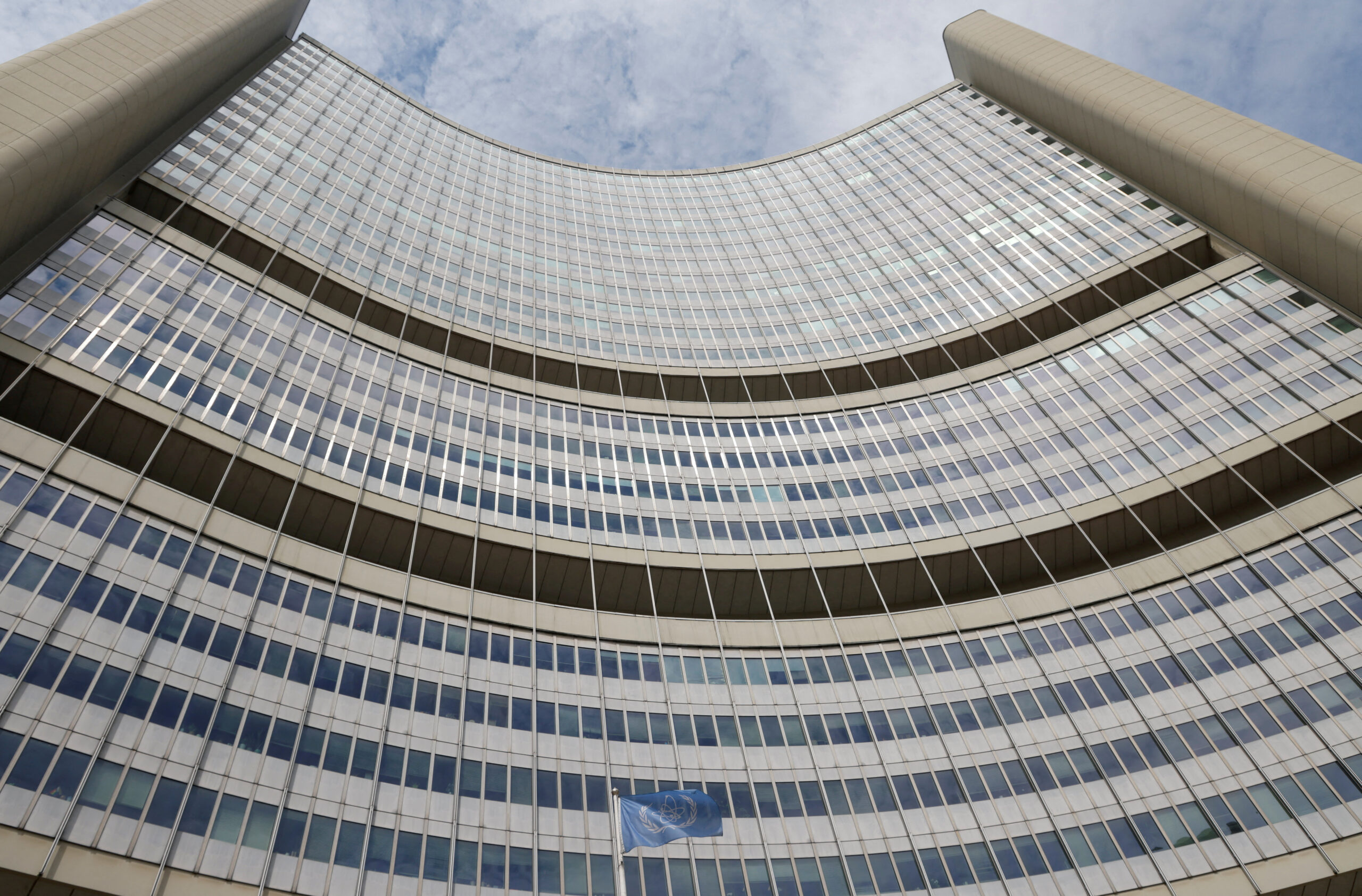Iran’s Diplomatic Clash with Austria Over Nuclear Accusations
Strong Discontent from Tehran
Iran has expressed severe dissatisfaction with the Austrian government following a report from Fox News Digital. The report features claims derived from a document issued by Austria’s Directorate State Protection and Intelligence Service, suggesting that Iran has made significant strides in developing a nuclear weapons program capable of launching long-range missiles. This revelation has sparked a diplomatic rift between the two nations.
Austrian Intelligence Report Findings
The Austrian intelligence assessment indicates that Iran possesses a developed nuclear weapons program and is expanding its ballistic missile capacities. This report aligns with a growing concern among Western nations regarding Iran’s covert nuclear ambitions and espionage activities across Central Europe.
Iran’s Response
Esmail Baqaei, spokesperson for Iran’s Foreign Ministry, denounced the Austrian intelligence agency, accusing it of disseminating falsehoods. Baqaei demanded an official explanation for what Iran characterized as irresponsible behavior. This public denunciation illustrates Tehran’s commitment to refuting any accusations that may damage its international standing.
Diplomatic Engagements
In response to the escalating tensions, Michaela Pacher, an Austrian diplomat stationed in Tehran, was summoned to the Iranian foreign ministry. During her visit, she emphasized Austria’s stance alongside that of the European Union regarding Iran’s nuclear activities. Pacher reiterated statements made in March by the EU and its member states, which expressed grave concern regarding Iran’s accumulation of nuclear materials that could potentially facilitate the creation of a nuclear weapon.
Contradictory Intelligence Assessments
The findings put forth by the Austrian intelligence contradict the assessments from U.S. intelligence agencies, which maintain that Iran has yet to initiate a weapons program, although, according to the U.S., the country is preparing the groundwork for creating a nuclear device. The Office of the Director of National Intelligence in the U.S. has opted not to comment on the specific accusations made by Austria.
IAEA Report and Uranium Stockpiles
A recent report from the International Atomic Energy Agency (IAEA) highlights that Iran has ramped up its stockpiles of near-weapons-grade uranium. The IAEA has urged Iran to comply with its ongoing investigations concerning nuclear activities. As of May 17, Iran was reported to have amassed 408.6 kilograms of uranium enriched up to 60%, tantalizingly close to the weapons-grade threshold. This alarming statistic has prompted the IAEA to point out that Iran stands as the only non-nuclear-weapon state producing such enriched material, raising serious national and global security concerns.
Criticism and Diplomatic Prospects
Jason Brodsky, a representative from United Against Nuclear Iran (UANI), has criticized Iran for its perceived deceitful actions regarding the Treaty on the Non-Proliferation of Nuclear Weapons (NPT) and the Joint Comprehensive Plan of Action (JCPOA). Brodsky has suggested that Austria should leverage its diplomatic influence to persuade Iran to scale back its operations in Vienna. Meanwhile, Iran’s Foreign Minister Seyed Abbas Araghchi took to social media platform X to express Tehran’s willingness to seek a diplomatic resolution that would conclude sanctions while respecting Iran’s nuclear rights.
Strikes and Societal Unrest in Iran
Amid the diplomatic fracas, U.S. attempts to dismantle Iran’s nuclear program coincide with a nationwide truckers’ strike in Iran, which could potentially destabilize the regime’s authority. Reza Pahlavi, the exiled crown prince of Iran, has called upon U.S. labor unions to extend their support to Iranian truckers who are laboring for their rights and a better future. His plea highlights the intersection of economic grievances and political action within Iran, suggesting that domestic discontent could play a crucial role in shaping the country’s future.
Conclusion
The tension between Iran and Austria illustrates the complexities of international relations in the context of nuclear non-proliferation and the ongoing attempts to regulate Iran’s nuclear ambitions. As diplomatic maneuvers unfold, the potential for escalation or resolution remains critical for regional and global security.
